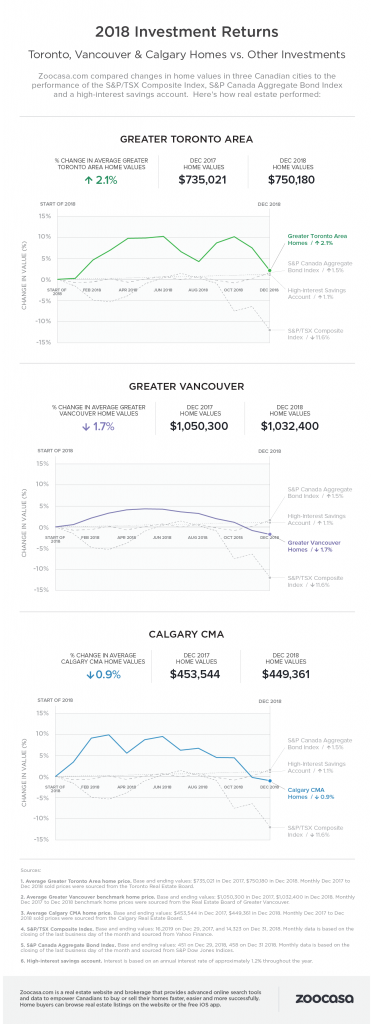My latest Financial Post column has just been published in the print edition of the Wednesday paper (Feb. 27, page FP8), under the headline Top tax asset in Retirement? Think Spouse. Click on the highlighted text to access the full story via the National Post e-paper. Or for the website edition, click on this clever headline: Your biggest tax asset in Retirement may be sleeping right beside you.
The column looks at how senior couples approaching Retirement or semi-retirement face a slightly different tax situation than when both were working in full-time jobs. There’s limited scope for income splitting when you’re working but Pension Income Splitting — introduced more than ten years ago — is a real boon for senior couples that enjoy one fat employer-provided pension and the other does not.
For tax purposes, up to half of the pension can be “transferred” to the lower-income spouse’s hands, thereby reducing some of the highly-taxed income for the pension recipient, and putting more of the pension into the low-taxed hands of the spouse receiving some of the transfer. Note this doesn’t actually mean they receive the pension: it all happens on the tax returns, and is easily handled by tax software when you choose to file your taxes jointly as a couple. Note that unlike in the United States, there is no formal joint tax return for couples in Canada: each spouse must file on their own but the tax software makes it relatively smooth by creating so-called “Coupled Returns,” which helps optimize who claims deductions like charitable or political contributions and the like.
Because the column has to fit in the paper and included several sources (some of whom blog here at the Hub), I’ve taken the liberty of adding some of the points made that did not appear in the column or had to be truncated.
Income splitting options limited under age 65
Under age 65, the options for income splitting are very limited, says Aaron Hector, vice president of Calgary-based Doherty Bryant Financial Strategies. “Generally here you are only looking at payments out of defined benefit plans (of which up to 50% can be split) or spousal loans from non-registered investments.”

More from Aaron Hector: “If each spouse has their own registered plan (RRSP/RRIF/LIRA/LIF) then the withdrawal from their own personal plan can be taxed fully to them. So if one spouse is working, they may not need or want to draw any additional income from their registered plans, but the spouse who is not working can choose to draw down their registered plan. It is important to note that regular RRSP withdrawals will never qualify for income splitting, even after 65. The withdrawals need to come from a RRIF to be eligible for income splitting. Sometimes people are hesitant to convert their RRSPs into RRIFs because they don’t yet want to commit to the subsequent forced annual taxable RRIF withdrawals. What is less commonly known is that someone can convert only a portion of their RRSP into a RRIF, leaving the remaining RRSP balance untouched until it is forced into being converted into a RRIF by the end of the year in which they turn 71. Furthermore, if someone converts to a RRIF early (ie. before 71) then they will always have the option to convert their RRIF back into a RRSP anytime before 71. Doing so would allow them to ‘turn off the taps’ that is the RRIF income stream. Once you turn 65 (but not before) withdrawals from RRIFs and LIFs become eligible for income splitting. Only the spouse who’s RRIF/LIF is being drawn upon needs to be 65; the recipient of the income splitting can be younger than 65. However, in this case the recipient spouse will not get the “pension income tax credit” until they are also 65.
It’s also important to note that when it comes to these income splitting provisions, age 65 at any point of the year is sufficient. If you turn 65 on December 31, then the same 50% splitting provisions apply to you as if your birthday was on January 1. (ie. the splittable portion does not get pro-rated in the year you turn 65 depending on your specific birth date). Because of the age 65 significance, and also as a hedge against future governments changing the tax rules (ie. taking away pension income splitting rules, which have not always been allowable) I try to have my client couples have an even amount of money in their registered plans. Spouse 1 should add up their RRSP, LIRA, Spousal RRSP, etc.. and the total should be close to the same total of spouse 2. If there is a discrepancy, then Spousal RRSP contributions should be utilized to even things out. This allows flexibility in income planning and withdrawals in the years prior to age 65. I caution on Spousal RRSP contributions the closer someone is to needing the money because of the 3 year-rule. The 3-year rule is such that if a withdrawal is made in the year of a contribution, or either of the next two calendar years, then the income from that withdrawal will be attributed (ie. taxed) back to the contributing spouse instead of the Spousal RRSP account holder.”
Taxation of Non-registered income works differently
Income from non-registered accounts works a bit differently, Aaron notes: Continue Reading…






